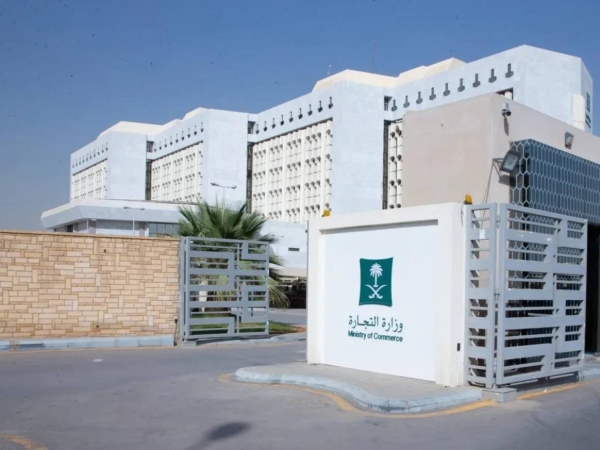The Criminal Court in Riyadh recently issued penalties against a Saudi citizen and a Syrian expatriate for their involvement in commercial concealment in the contracting sector in Riyadh. The penalties included financial fines, cancellation of the commercial register of the business activity involved, cancellation of the commercial license, and liquidation of the business activity. Additionally, the Saudi citizen was banned from practicing commercial activity for five years and the Syrian national was deported from the Kingdom with a ban on returning for work. The convicts’ names will also be publicized in the local media at their own expense. The Ministry of Commerce seized evidence showing that the citizen was covering up for the Syrian resident to engage in commercial activity without the necessary license. The Syrian national was also found to have engaged in financial transactions not commensurate with his profession and had been doing business in various regions of the Kingdom.
The National Program to Combat Commercial Concealment has established 10 standards for establishments to comply with market rules sanctioned by government agencies. These standards are continuously monitored by ministry officials to ensure enforcement. The Anti-Concealment Law lays out penalties for those involved in commercial cover-up, including a maximum five-year jail term, fines up to SR5 million, and seizure and confiscation of illicit funds after final judicial rulings. The law aims to crackdown on individuals and businesses attempting to operate under fraudulent means and evade legal requirements. By enforcing these strict penalties, the government is sending a clear message that commercial concealment will not be tolerated and perpetrators will face severe consequences.
Commercial concealment poses a significant threat to the integrity of the market and undermines fair competition among businesses. It allows individuals and businesses to operate illegally, evading taxes and regulations, and creating an unfair advantage over law-abiding competitors. The practice also hinders government efforts to monitor and regulate commercial activities, leading to potential loss of revenue and distorting market dynamics. By cracking down on commercial concealment, Saudi Arabia is taking a strong stance against illicit business practices and protecting the integrity of the market for legitimate businesses to thrive.
The case in Riyadh is a clear example of the government’s commitment to combating commercial concealment and enforcing laws to maintain market transparency. By imposing strict penalties on those involved in the case, the government is sending a strong message that such activities will not be tolerated. Through continuous monitoring and enforcement of regulations, the Ministry of Commerce and other government agencies are working to detect and deter instances of commercial cover-up. This proactive approach is crucial in maintaining a level playing field for businesses and ensuring compliance with legal requirements.
The penalties issued by the Criminal Court in Riyadh against the Saudi citizen and Syrian expatriate serve as a warning to others engaged in commercial concealment. The severe consequences of fines, bans, and deportation underscore the government’s commitment to upholding the rule of law and protecting the integrity of the market. Publicizing the names of the convicts in the local media further highlights the repercussions of engaging in illegal business practices. This transparency serves as a deterrent to others who may be considering similar actions and reinforces the consequences of commercial concealment in the Kingdom.
In conclusion, the case in Riyadh sheds light on the government’s efforts to combat commercial concealment and enforce regulations to maintain market integrity. By setting strict penalties and continuously monitoring compliance with market rules, Saudi Arabia is sending a strong message that illegal business practices will not be tolerated. The Anti-Concealment Law plays a crucial role in deterring individuals and businesses from engaging in fraudulent activities and upholding the principles of fair competition. Through effective enforcement and cooperation between government agencies, the Kingdom is working towards a transparent and law-abiding business environment where all businesses can operate on a level playing field.











